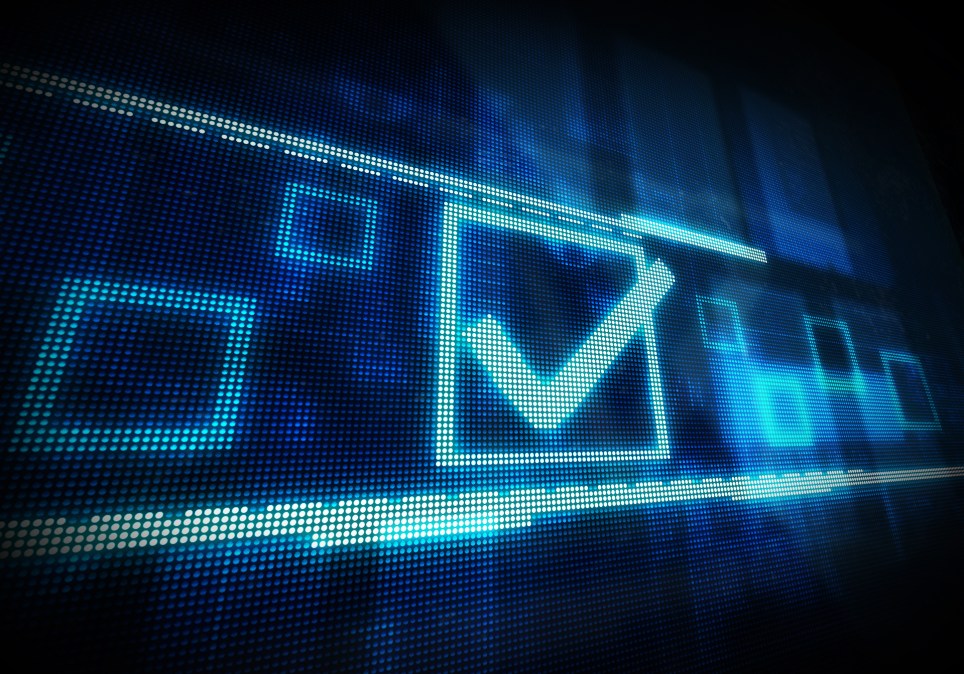Rep. Lynch wants the Census Bureau to look into ‘blockchain viability’ for 2030

A senior member of the House Oversight Committee says he’s interested in exploring the use of blockchain for an upcoming decennial census.
“I know that blockchain is used extensively on databases and registries in other countries,” Rep. Stephen Lynch, D-Mass, said Wednesday during a hearing on the 2020 census. “Are we looking at anything like that where we can use a more secure system, a distributed system, one that is less vulnerable in terms of where the census is going?”
The Government Accountability Office’s Nick Marinos, the watchdog agency’s director for IT and cybersecurity, replied that while he is “not aware” that the technology was explored for the 2020 census, it “may be an option for the bureau to consider” for 2030.
Despite some pockets of “strong interest” in blockchain in the federal government, the distributed ledger technology is generally unpopular among many members of the civic technology community. It’s seen as a poster child for hype, shiny object syndrome and government tech solutionism. It’s also a technology with a narrow range of use cases — and it’s either unnecessary or inefficient to use outside of these cases.
Lynch hinted that he might be interested in ordering the Census Bureau to conduct a study on “blockchain viability within the census,” and suggested that GAO should “take initiative” on such work. Lynch is a member of the panel’s Government Operations Subcommittee, which helps shape federal IT policy, and is chairman of its National Security Subcommittee.
Wednesday’s hearing followed release of a new GAO report on the 2020 census that details “mixed” readiness for upcoming census operations. Marinos testified that while the bureau has successfully delivered several operational systems to date, it still faces “schedule risks” for five out of the 11 remaining deliveries including on the system for internet self-response.
Census Bureau Director Steven Dillingham, meanwhile, maintained that the systems are on schedule and will be delivered as needed. He told the Oversight Committee that he’s confident the online self-response system will be able to deal with any surge in user numbers, because it has been designed to “far exceed” the bureau’s expectations.
In total, the 2020 census will rely on 52 new or legacy IT systems.






